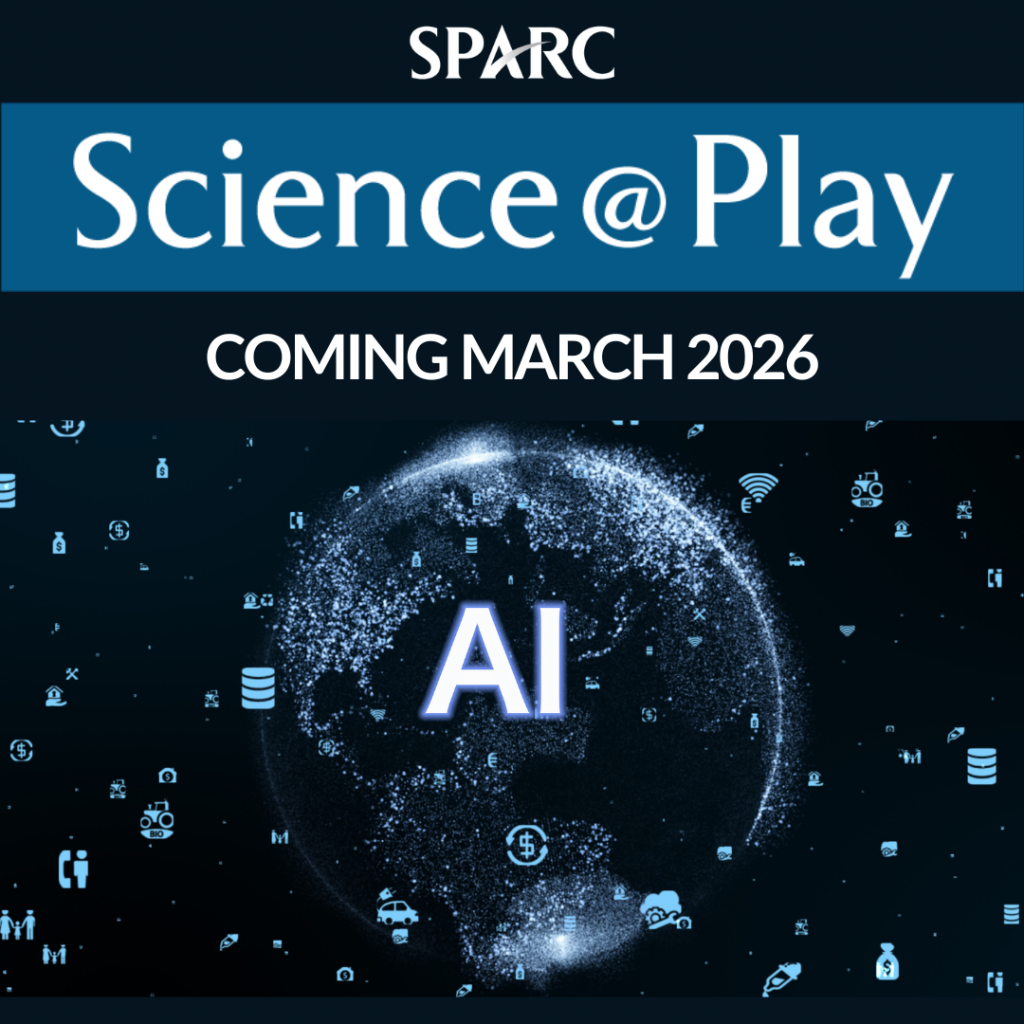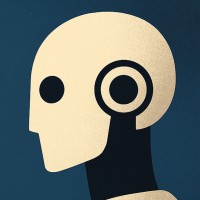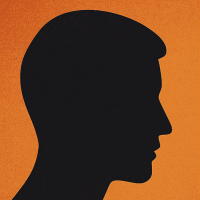A Reading Series where Science is Center Stage
Science@Play readings are lightly staged readings held in the intimate embrace of our studio in Downtown Livermore. Actors carry scripts, but may still be staged by the director, with costume pieces, a few hand props, and minimal furniture. The post-show discussion with the cast is as much a part of the event as the show. For the newly commissioned piece, the director and playwright are generally on hand to share insight into the play development process.
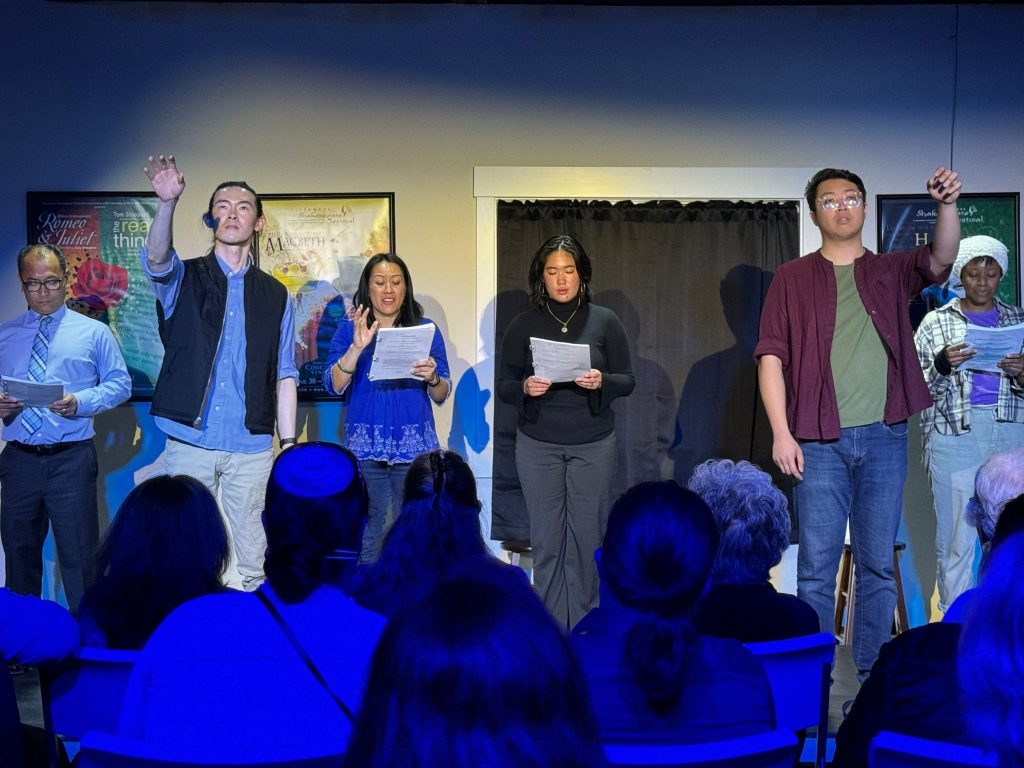
Art illuminates. This is a moment for arts organizations to enlighten their audiences and contribute to a global narrative by showcasing the minds and spirits of the folks in the middle of today's scientific breakthroughs. By commissioning BIPOC writers to create characters for these stories, we uplift people of color as leaders in the scientific community.
An Invitation from the Program Director,
Michael Wayne Rice
AI feels like a threat to many of us. The world is moving faster than we’ve ever known, especially when it comes to technology. For the past couple of years, AI has been everywhere: on the news, in conversations, in our fears. Its push into the fabric of our daily lives is hard to wrap our heads around.
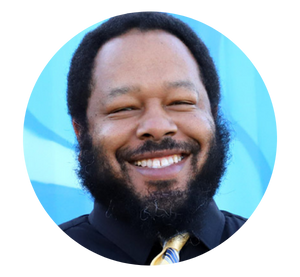
Read More
Science@Play was created to bring science into the arts, to let facts live inside the imagination of playwrights. For four years, SPARC Theater has commissioned a new play each season, pairing it with another script already written by a playwright outside our company. We’d pay a small license fee, do a lightly staged reading, and give audiences two different kinds of work to experience.
I’ve been Program Director for three of those four years, helping select both the commissioned playwright and the companion play. This year is different. This is our fifth year, and our commissioned playwright is Cleavon Smith. But instead of choosing a second play that already exists, I felt compelled to ask: what if science didn’t just inform the play: what if it created the play? We seem to be living at a moment where that question is no longer impossible to imagine. And just to be clear, no artist is losing funding for this experiment.
Still, the question lingers: will AI take over the artist’s role? That’s a scary thought. Asking AI to write a play is risky. Many of you know me as an actor, a director, a teacher. But you don’t know me as a playwright, because I’m not one. And maybe that’s part of why this feels urgent: if Science@Play is about weaving science into storytelling, then right now we are standing at a crossroads where science itself can enter the creative process.
Art is messy. The making of art is messy. I don’t know yet how this AI play will be created, or what it will even be about. Part of me wants to open the doors and involve the community, to hear your ideas about what a play written for you, about you, should be. That’s what I hope to do. I’d also like to share updates as the play takes shape, so you can see where it’s heading.
Of course, not knowing makes people uneasy. It feels uncertain. It feels risky. And it is. But sometimes the not knowing, the stumbling, the discovering as you go is the point. Right now, with AI, we’re all in that space: a place of uncertainty, discovery, fear, and possibility.
Here’s what I do know: the only way forward is to talk about it. This play and the process of making it, is meant to create conversation. It’s meant to give us a space to wrestle with what AI means, not in the abstract, but for us, together.
I’ll admit it: I’m scared. I’m scared of what AI might do to art and to artists. But that’s not even my biggest fear. Not even by a long shot. My deeper question, the one that keeps me up at night, is this: what will AI do to humanity?
So I’m asking you to come into this with me. Be part of the process. Be part of the discussion. Let’s share the fear, the unease, the possibilities and/or the joy, as we face what AI is becoming in our lives.
Michael
Announcing SPARC’s 2025-26 Science@Play Playwright
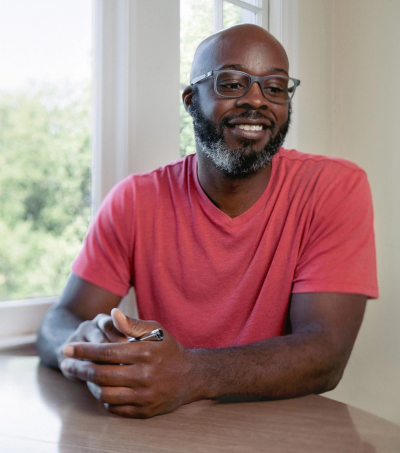
Cleavon Smith
Cleavon Smith’s most recent works include script consulting on the immersive play The Elvis Evolution which opened in London in July 2025 and “In from the Garden” a musical improvisation of a golden shovel poem he performed at Oregon State University’s 2025 Soundbox festival. He currently has commissions to write an adaptation of Tyler Merritt’s I Take My Coffee Black as well as the book and songs for a play about Oregon Black pioneers. Cleavon’s past plays include The Incrementalist, The Flats (co-written with Lauren Gunderson and Jonathan Spector), and The Last Sermon of Sister Imani which was nominated for a 2018 Theatre Bay Area Best Production award. He has received grants from the Aurand Harris Theatre for a play for young audiences and the Folger Shakespeare Library for an adaptation of Romeo and Juliet. Cleavon is a graduate of the United States Naval Academy and Mills College. He lives in Corvallis, Oregon.
